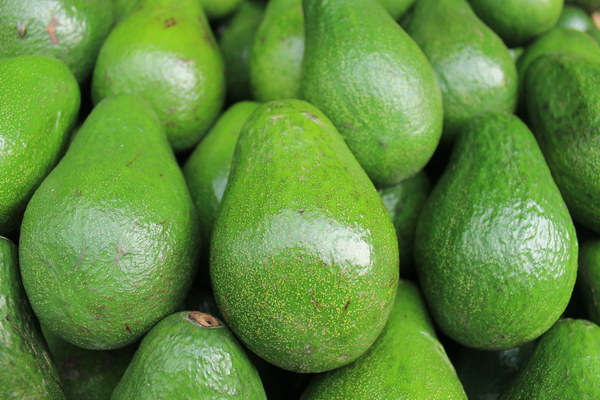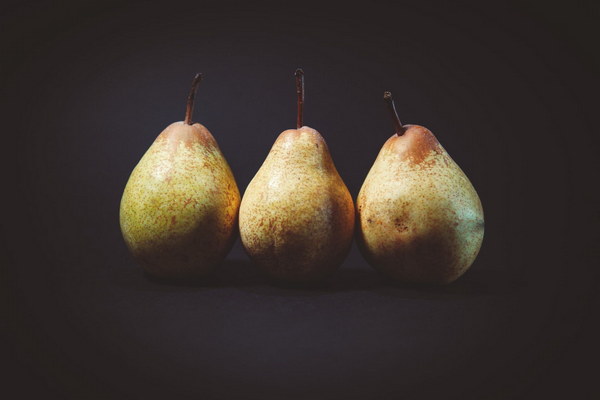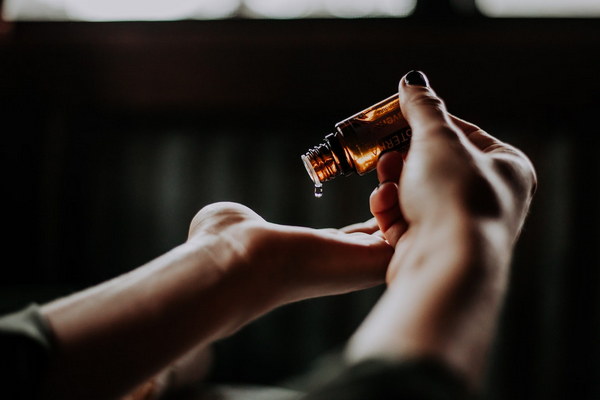Nurturing Your Babys Lungs PostPneumonia A Comprehensive Guide for Parents
Introduction:
Pneumonia is a common respiratory infection that can affect both adults and children. After a bout of pneumonia, it is crucial to take extra care of your baby's lungs to ensure a complete recovery. In this article, we will discuss various strategies and tips to help nurture your baby's lungs post-pneumonia, ensuring a healthy and robust respiratory system.
1. Monitor Breathing and Vital Signs:
Keep a close eye on your baby's breathing and vital signs. Pay attention to the rate, depth, and pattern of their breaths. If you notice any signs of distress, such as rapid breathing, grunting, or flaring nostrils, consult your pediatrician immediately.
2. Maintain a Healthy Indoor Environment:
Ensure that your baby's living space is well-ventilated and free from allergens and irritants. Use air purifiers or humidifiers to maintain a comfortable humidity level (40-60%) and temperature (68-72°F or 20-22°C). This will help reduce the risk of respiratory infections and promote lung healing.
3. Encourage Frequent Breathing Exercises:
Engage your baby in regular breathing exercises to enhance lung capacity and improve oxygenation. Some simple exercises include:
- Prone positioning: Place your baby on their stomach while they are awake and supervised. This position can help improve lung expansion and reduce the risk of respiratory complications.
- Chest physiotherapy: Gently tap your baby's chest and back to help loosen mucus and improve drainage. Consult with a healthcare professional for proper techniques and frequency.
4. Optimize Nutrition:
A well-balanced diet is essential for your baby's overall health, including lung recovery. Ensure your baby consumes a variety of nutrient-rich foods, such as:
- Fruits and vegetables: Rich in vitamins, minerals, and antioxidants, these foods can help boost the immune system and aid lung healing.
- Lean proteins: Essential for tissue repair, lean proteins like poultry, fish, and legumes should be included in your baby's diet.
- Healthy fats: Omega-3 fatty acids found in fish, nuts, and seeds can promote lung function and reduce inflammation.
5. Hydration is Key:
Encourage your baby to drink plenty of fluids, such as breast milk, formula, or water. Adequate hydration helps thin mucus, making it easier to expel and reducing the risk of respiratory infections.
6. Avoid Smoking and Secondhand Smoke:
Exposure to tobacco smoke can exacerbate lung issues and delay recovery. Ensure that your baby is not exposed to smoking or secondhand smoke, as it can irritate the airways and hinder lung healing.

7. Consult with Healthcare Professionals:
Regular check-ups with your pediatrician are crucial to monitor your baby's progress and address any concerns. Follow their recommendations and ask questions regarding your baby's recovery and lung health.
Conclusion:
Nurturing your baby's lungs post-pneumonia requires a combination of monitoring, maintaining a healthy environment, encouraging breathing exercises, optimizing nutrition, ensuring hydration, avoiding smoke exposure, and consulting with healthcare professionals. By following these guidelines, you can help your baby recover quickly and build a strong, resilient respiratory system.









